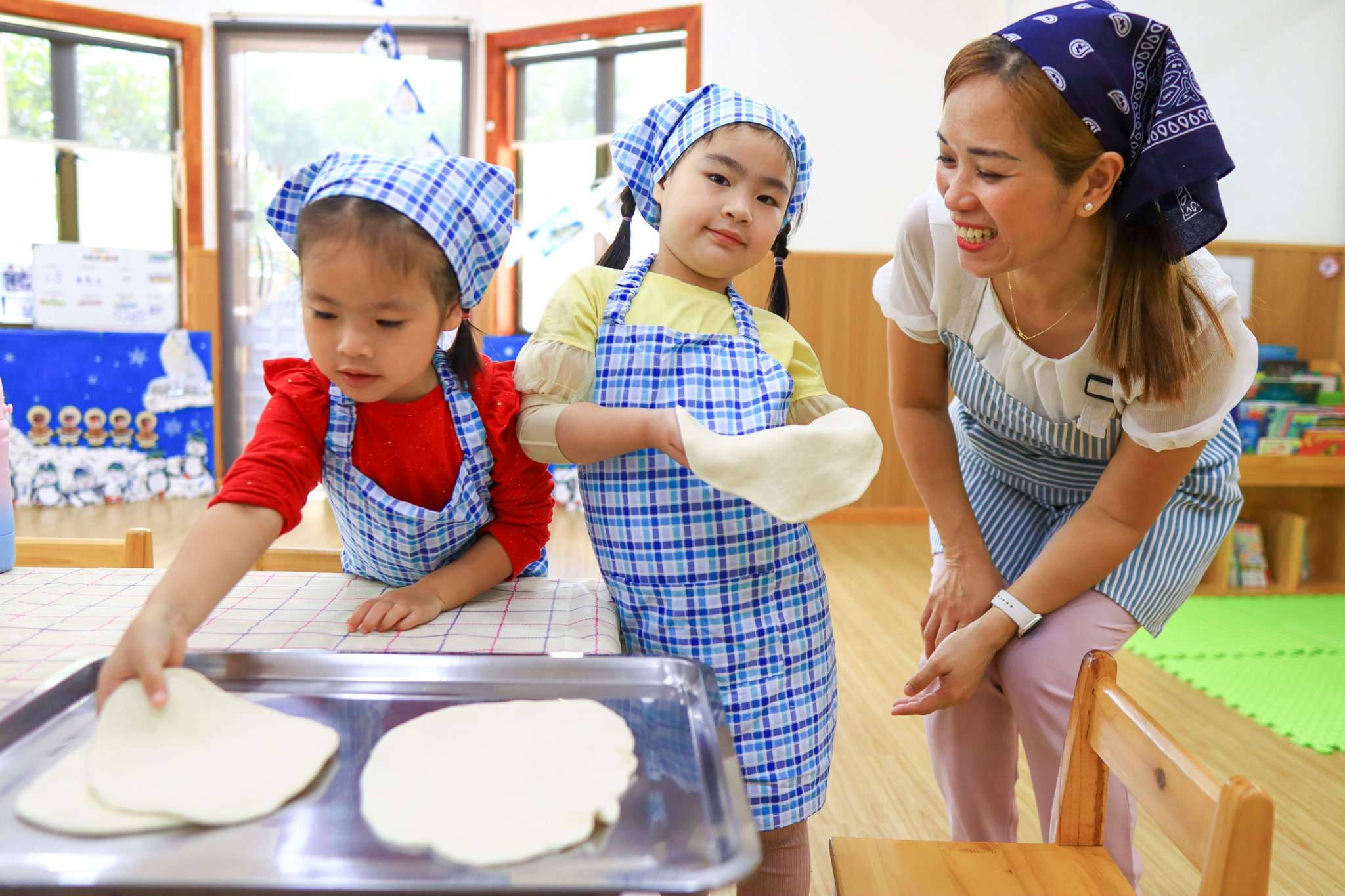As parents, we often focus on school supplies, homework, and classroom performance—but one key factor in academic success starts at the dining table. Research consistently shows that what children eat directly affects how well they learn. In Cambodia, where eating habits are shaped by culture, lifestyle, and access, it’s more important than ever to understand the connection between nutrition and learning in Cambodian schools.
This guide will help parents support better focus, behavior, and brain development through everyday nutrition.
The Brain Needs Fuel to Focus
Children’s brains are still developing, and they need steady energy to function well in school. Poor nutrition can lead to:
-
Shorter attention spans
-
Poor memory
-
Low energy or fatigue
-
Difficulty regulating emotions and behavior
Skipping meals—especially breakfast—or eating mostly sugary snacks can lead to energy crashes that make it harder for children to concentrate in class.
Breakfast: The Most Important Meal for Learning
A nutritious breakfast sets the tone for the school day. Children who eat breakfast:
-
Perform better on tests
-
Have better classroom behavior
-
Are more alert and ready to learn
In Cambodia, a good breakfast might include:
-
Boiled eggs with rice or porridge
-
Fresh fruit like banana or papaya
-
Whole grain bread with peanut butter
-
A glass of milk or soy drink
Avoid sugary cereals or snacks that give a quick burst of energy but leave kids tired soon after.
Brain-Boosting Nutrients
Certain nutrients are especially important for learning and concentration:
-
Protein (found in eggs, fish, beans): Helps with memory and attention
-
Iron (found in leafy greens, liver, beef): Supports oxygen flow to the brain—iron deficiency can cause tiredness
-
Omega-3 fatty acids (from fish like mackerel): Boost brain development and mood
-
Zinc and B-vitamins (found in meat, seeds, and whole grains): Improve thinking and processing speed
-
Water: Even mild dehydration can cause headaches and reduced focus
Making sure your child eats a variety of local foods with these nutrients can improve both learning and behavior.
Foods That May Interfere with Learning
Some common foods can actually make concentration more difficult, especially when consumed too often:
-
Sugary snacks and drinks: Cause energy spikes and crashes
-
Instant noodles and junk food: High in sodium and low in nutrients
-
Caffeine from energy drinks or strong teas: Can increase anxiety or sleep problems
Encourage moderation and offer healthier versions of familiar snacks like fruit slices, roasted peanuts, or homemade rice cakes.
School Lunch and Snacks
If your child eats lunch at school, ask what’s provided and how meals are prepared. For packed lunches, include:
-
A mix of carbs (rice or bread), protein (meat, egg, tofu), and vegetables
-
A small fruit portion or unsweetened yogurt
-
Water instead of sugary drinks
Consistent healthy meals help children stay calm, focused, and ready to absorb new information.
Simple Tips for Busy Parents
Even if you’re short on time or budget, small changes can make a big difference:
-
Keep boiled eggs or bananas ready for busy mornings
-
Replace soft drinks with filtered water
-
Add leafy greens or small fish to soups and rice
-
Involve children in planning and preparing meals—they’re more likely to eat what they helped make
A healthy brain starts with a healthy body. By prioritizing good nutrition, parents in Cambodia can give their children the focus, energy, and emotional stability they need to thrive in school and beyond.
If the information about the school is not accurate and insufficient, Contact us.
Do you want to register your school? Click here.







